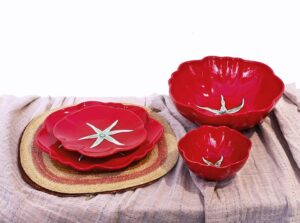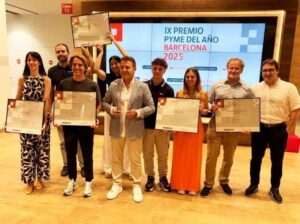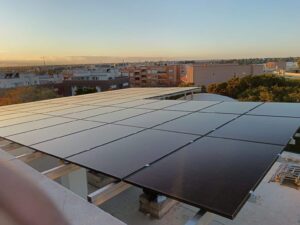In the rugged mountains of Houaphanh Province, in northern Laos, a significant change is taking shape. Local farmers, historically dependent on poppy cultivation for opium production, are transforming their fields to grow coffee, a shift towards a more sustainable and promising alternative.
At the heart of this movement is Phuperp, a 22-year-old farmer who, in the midst of harvest season, rises at four in the morning to harvest the ripe coffee berries before taking them to the processing plant. Phuperp, whose family has cultivated corn and rice for generations, has found coffee to be a preferred crop not only for its economic viability, but also for its ability to grow in the shade without the need for deforestation, a crucial advantage in protecting the local environment.
Since 2016, the United Nations Office on Drugs and Crime, in collaboration with the Government of Laos, has been implementing alternative development programs to offer farmers in Houaphanh more sustainable livelihoods. This effort has begun to release many families from the poverty trap they were subjected to by opium cultivation. The transition to coffee has opened up new economic opportunities and significantly improved future prospects for entire communities.
The Vanmai Coffee Cooperative, which includes Phuperp among its members, covers 405 hectares with coffee cultivation and is composed of 341 families. This collaborative effort has allowed farmers not only to improve their standard of living, but also to explore international markets. Through the export of over 230 tons of green coffee beans and the attainment of fair trade certifications, the cooperative is on track to become fully organic in the near future.
The relevance of coffee as a tool against drug trafficking and poverty has been highlighted by António Guterres, Secretary General of the United Nations, who has praised its role in strengthening rural economies. Additionally, the establishment of the Women’s Vanmai Network in 2021 has been crucial in increasing female participation in coffee cultivation and decision-making within the cooperative, promoting gender equality and inclusion.
The focus on sustainability and community development is leading farmers to sell their coffee directly to consumers, ensuring that the benefits are reinvested in their own communities. This model not only symbolizes the resilience of these farmers, but also their commitment to building a more hopeful and sustainable future for future generations. In this new chapter, the farmers of Houaphanh are determined to leave behind illicit crops and bet on a legacy of hope and development.
Source: MiMub in Spanish












